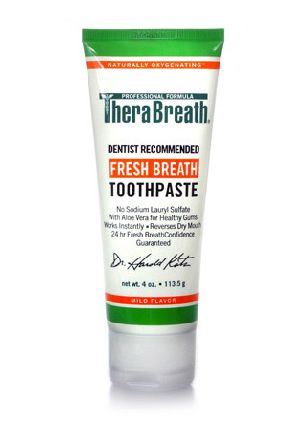
Tuesday, Feb. 14 (HealthDay News) - Treatment of sinus infection with antibiotics does not speed up recovery, new research shows. "We conducted a randomized clinical trial among adults with a clinical diagnosis of acute sinusitis, and found no benefit from antibiotics compared with placebo for the treatment of acute sinusitis," says study author Dr. Jane Garbutt, research assistant professor of medicine and pediatrics at Washington School University of Medicine in St. Louis. However, one of five antibiotics for adults in the United States, written for the nasal sinuses, according to a study. "Acute sinusitis is a miserable disease. People want something to make them feel better, and there are not many treatment options because patients ask their doctors for antibiotics. But we think most of the time, acute sinusitis viral infection, so antibiotics will not help, "said Garbutt. The study published in the February issue of 15
Journal of the American Medical Association. Sinusitis is inflammation of the sinuses. Pain in the forehead is a common symptom, according to the National Institute of Allergy and Infectious Diseases (NIAID). Another common feature is sinusitis nose, which can drip down the back of the throat, according to NIAID. Colds and allergies are common causes of sinusitis, although sometimes the bacteria in wine. Current guidelines from the U.S. Centers for Disease Control and Prevention recommend antibiotics only for those who have moderate or severe symptoms. Given the growth of bacteria resistant to antibiotics, researchers wanted to test their effectiveness, so they looked at 166 adults diagnosed with acute sinusitis. Thirty-six percent of study volunteers, men and 78 percent were white, according to a study. People with chronic sinusitis (lasting more than 28 days) were not included because they may need different treatment, say the authors. Study participants were randomized to receive treatment for 10 days, or 1500 mg amoxicillin (antibiotic) scattered three doses per day or placebo. All volunteers were given treatments for pain, fever, cough and nasal congestion, and said to use them as needed. Symptoms and other indicators of quality of life were measured in a telephone interview at three, seven, 10 and 28 days after starting treatment. On the third day, there was no difference in symptoms between groups. On the seventh day was a slight improvement in the group of antibiotics, but said Garbutt changes probably too little for the patient to even notice the difference in symptoms. At 10 days, was again no difference in symptoms between the two groups. By the 10th day, about 80 percent of strattera those in both groups reported that their symptoms were significantly improved or cured. At the 28-day, there was no difference in recurrence, say researchers. Garbutt said that there was no statistically significant differences between groups for other events such as the need for medications to relieve symptoms or missed days of work. "Most people will be better than acute sinusitis alone, but many people feel when they receive no antibiotics, nothing is done," said Dr. Richard Lebovits, otolaryngologist at New York University Medical Center Lanhon in New York City. He said that there are things that people can do yourself that may help them feel better faster. Saline sinus irrigation can help, he said that you can protyzastiynyy or mucous-thinning drugs sold without prescription. "On average, viral upper respiratory tract infection within one to two weeks, and treatment of symptoms is probably appropriate treatment to this point," he said. But if the infection lasts longer than a week or two, or your symptoms suddenly get worse, you should seek medical advice. "Some people have a bacterial infection, and may be difficult to determine," said Garbutt, who also recommended after your doctor if symptoms do not improve or if they suddenly get worse. More information Learn more about sinusitis with. .
No comments:
Post a Comment